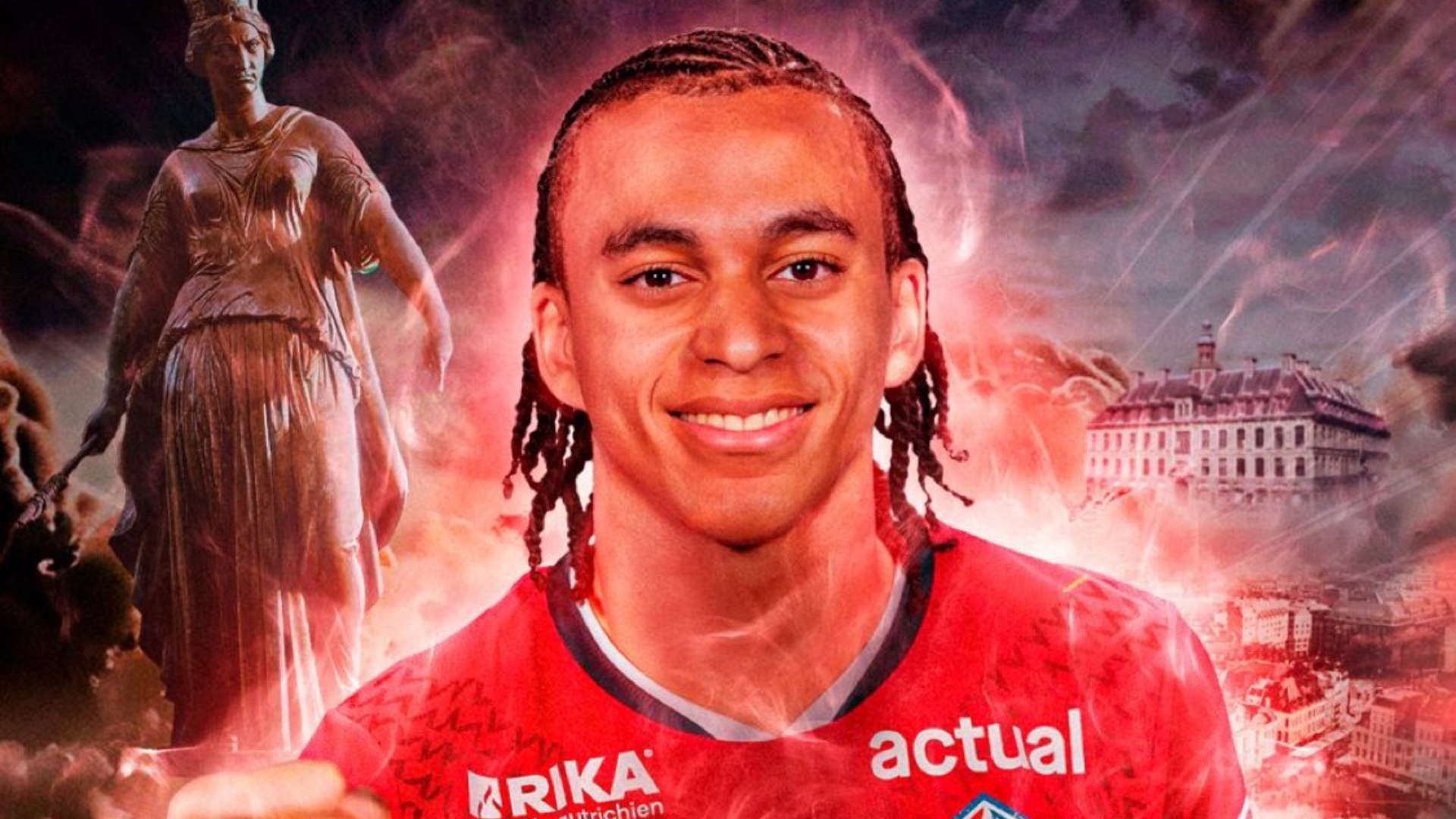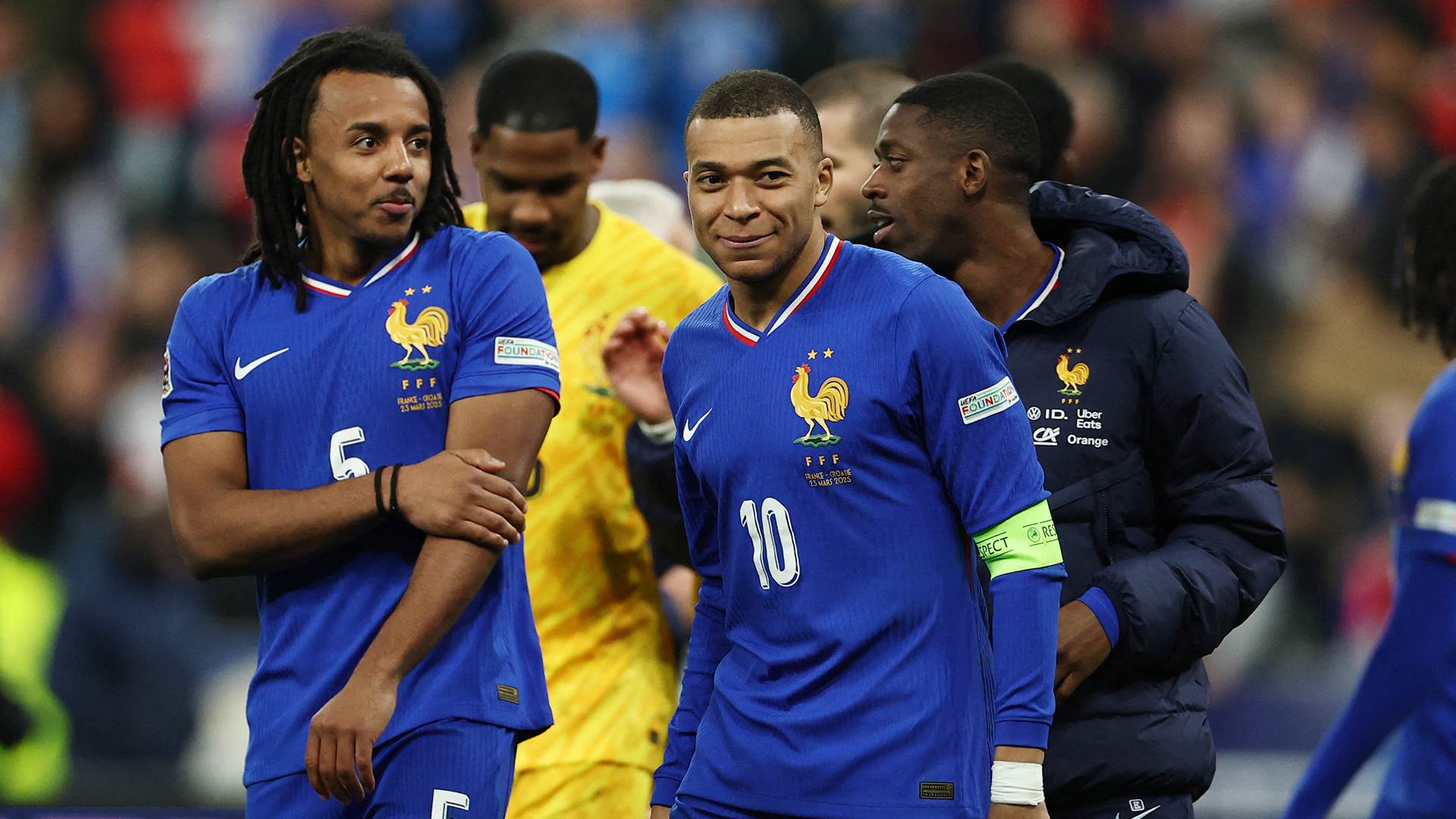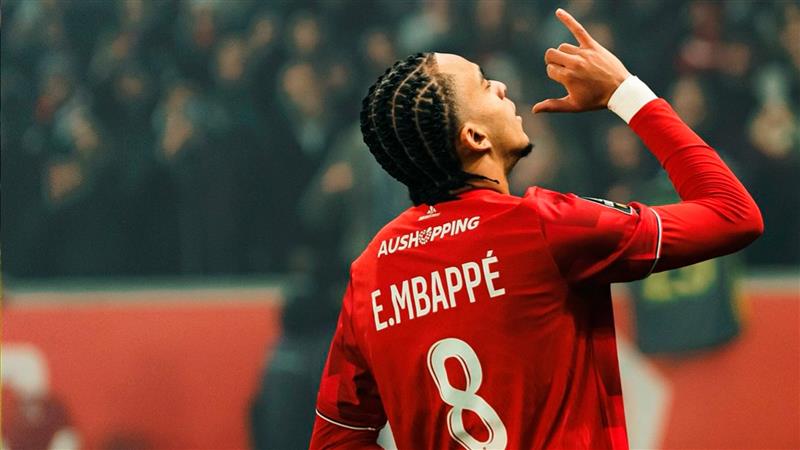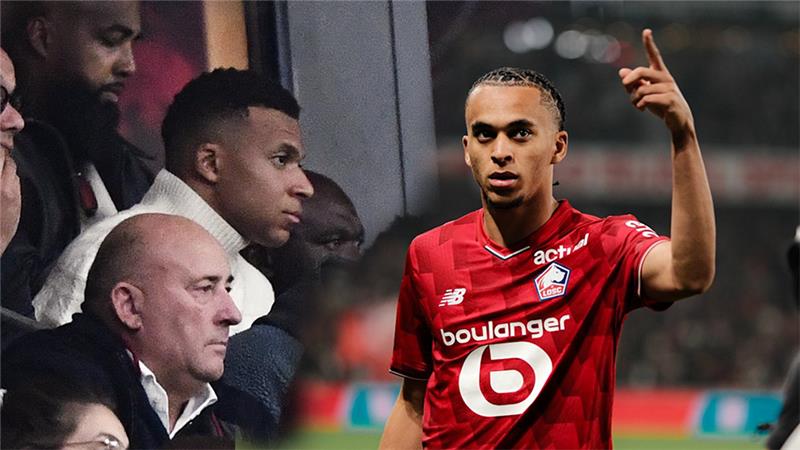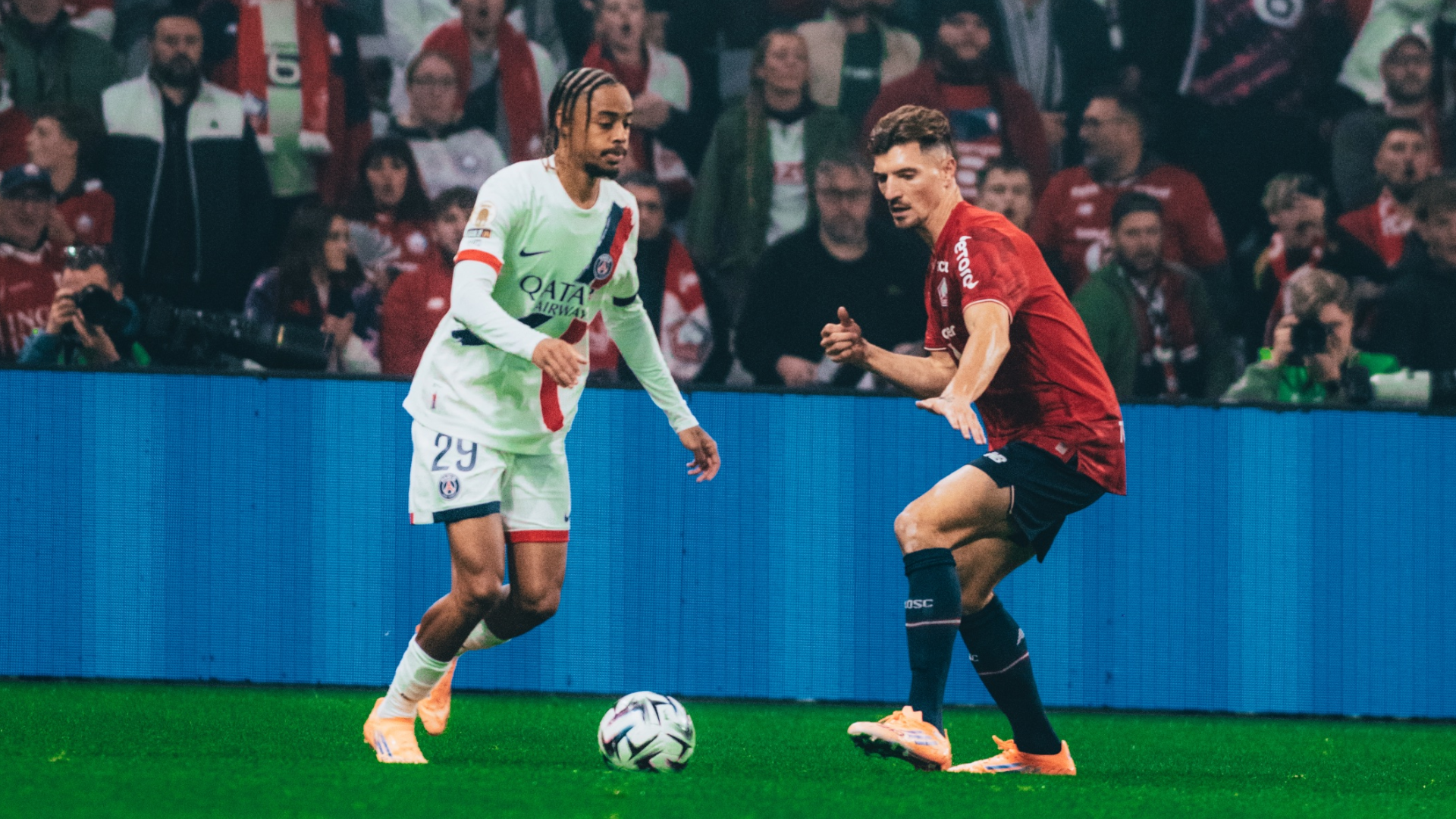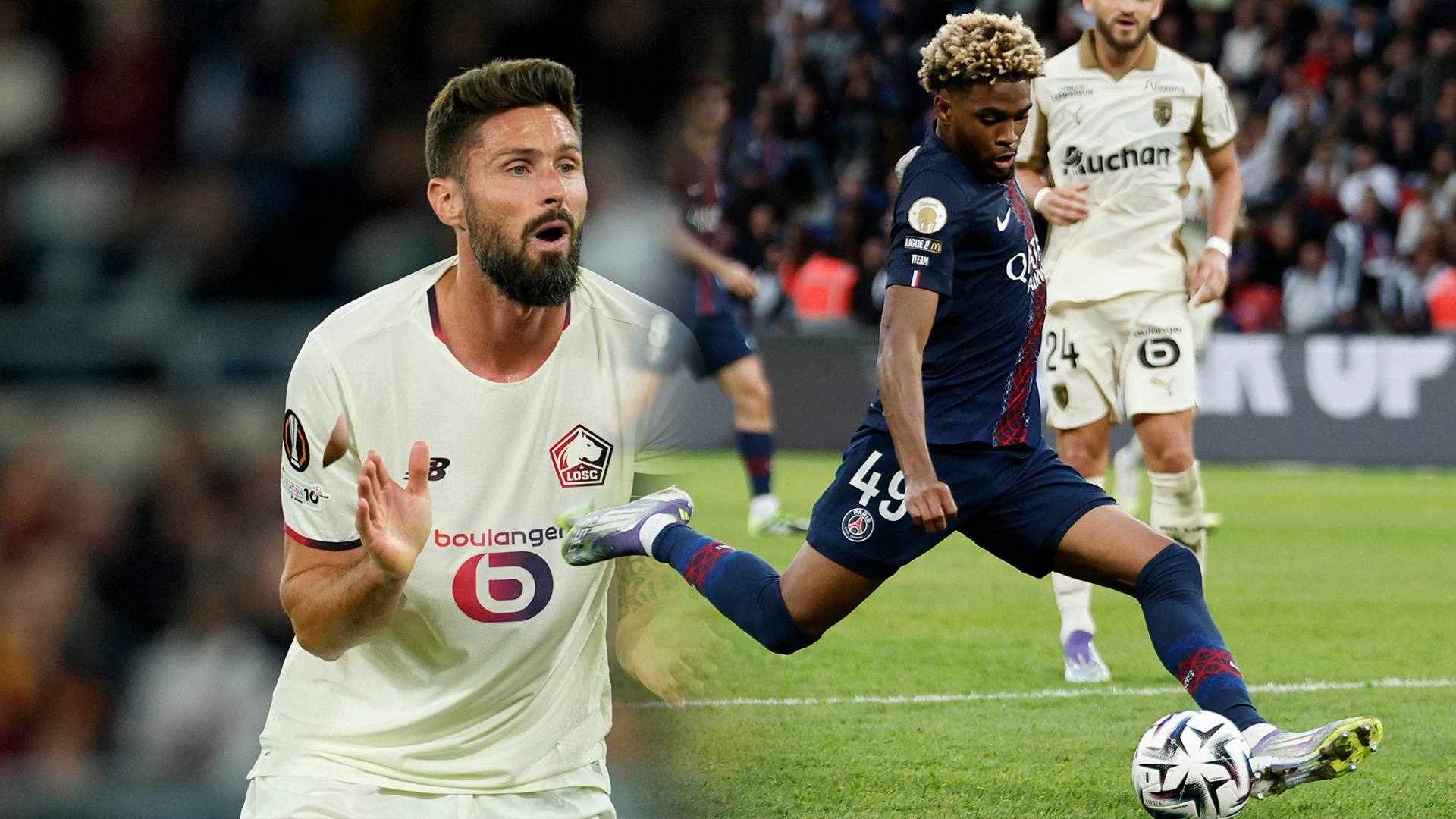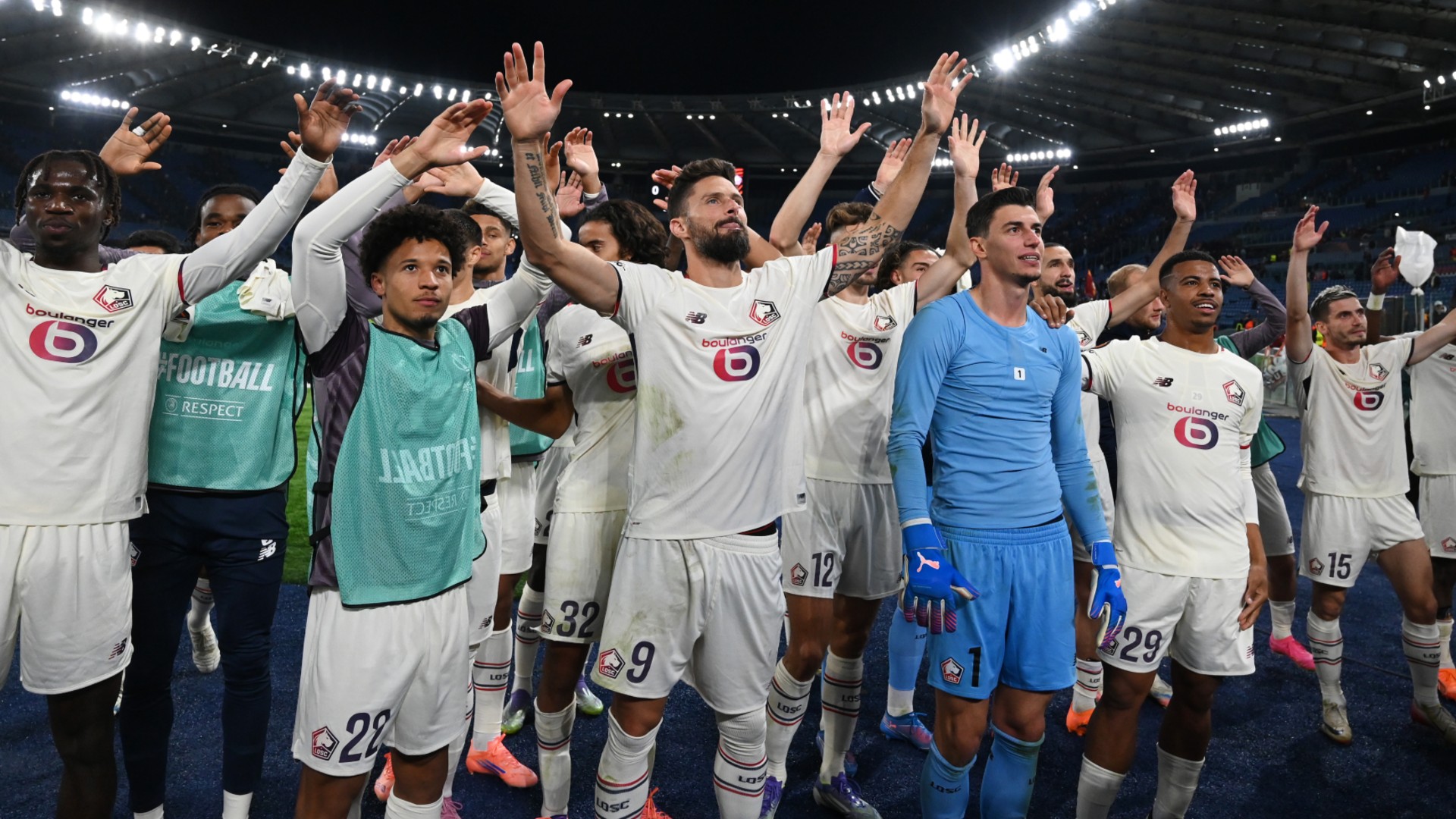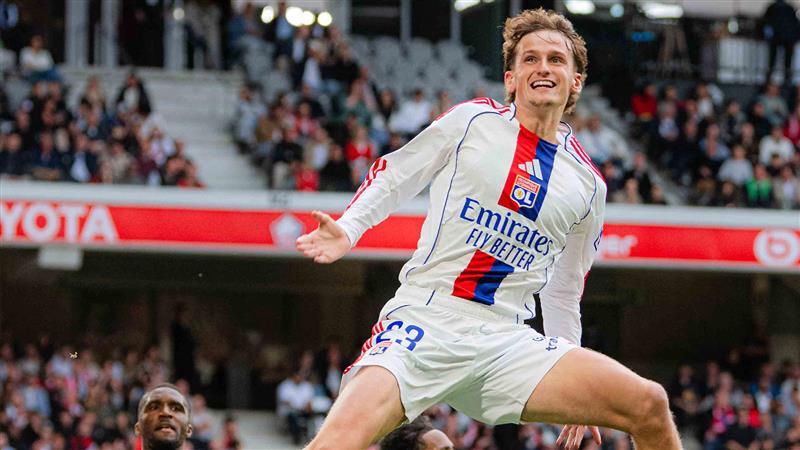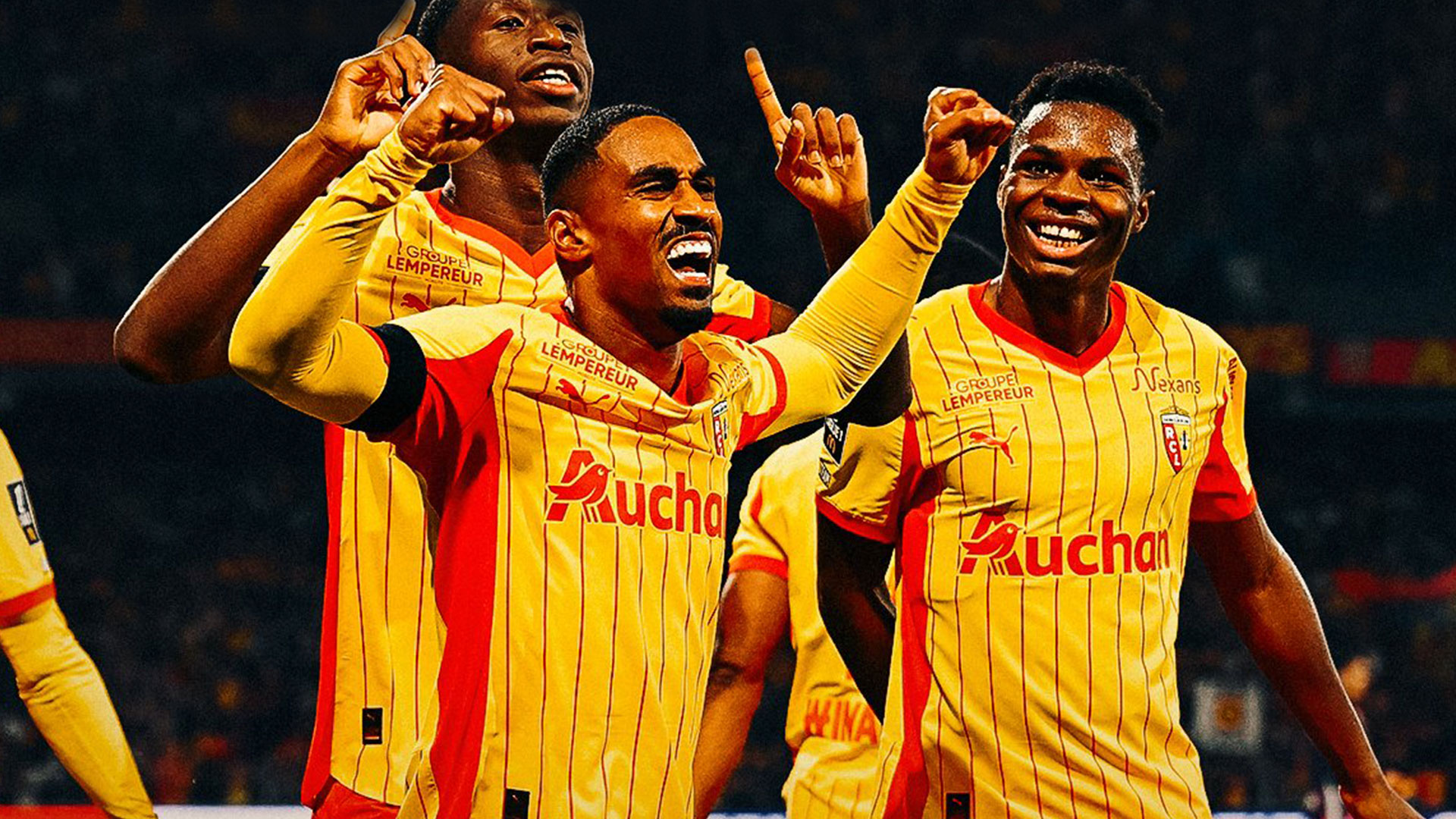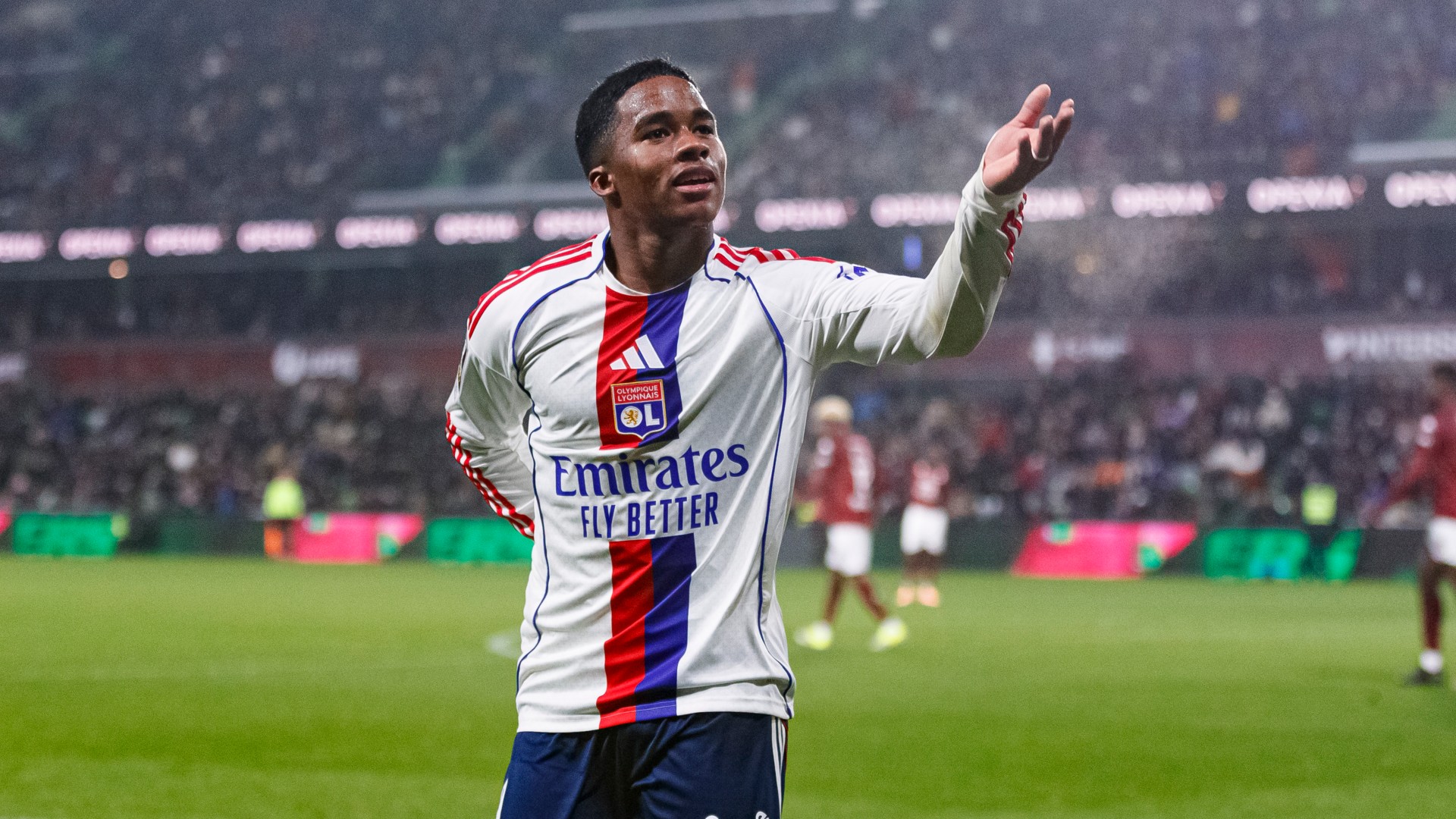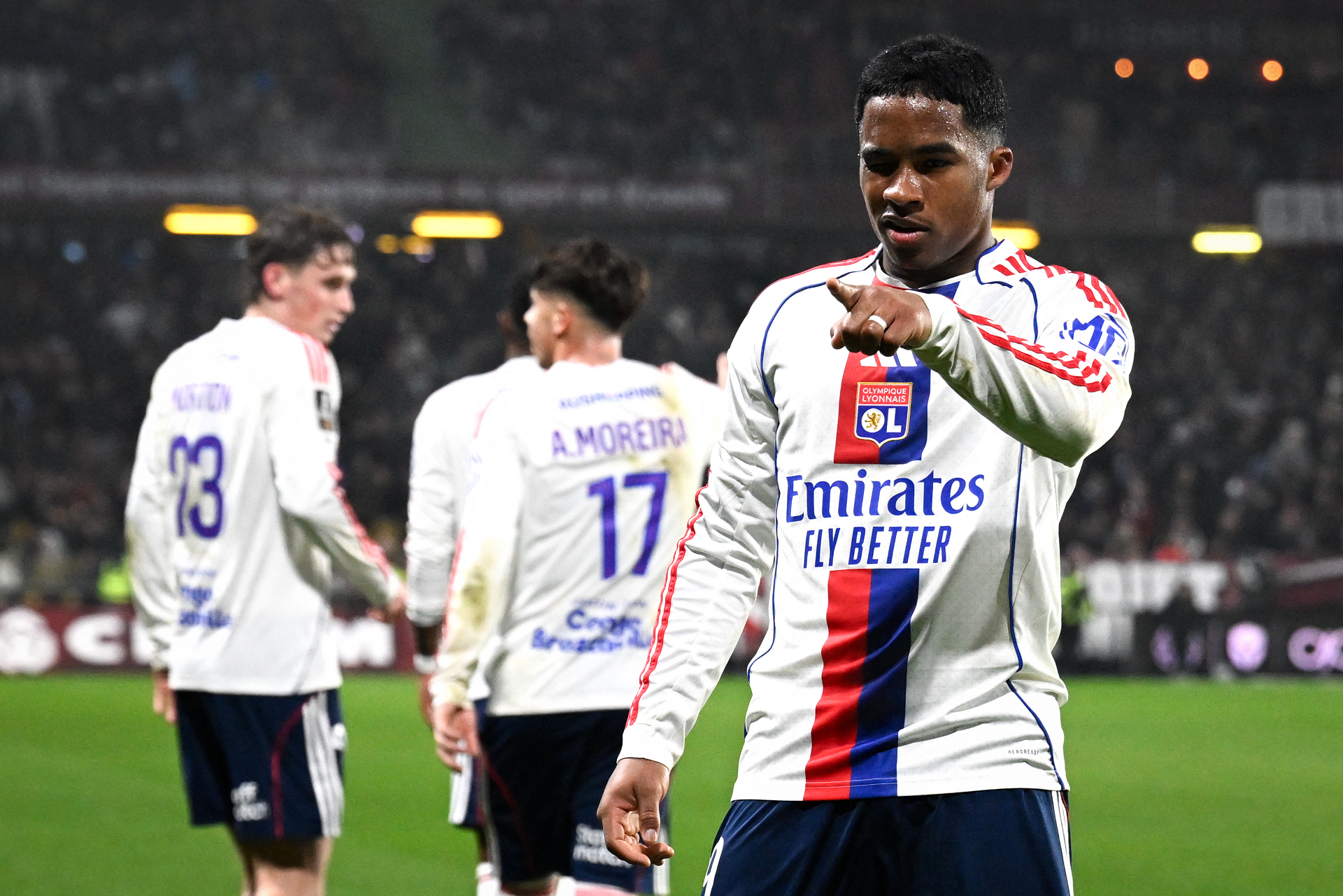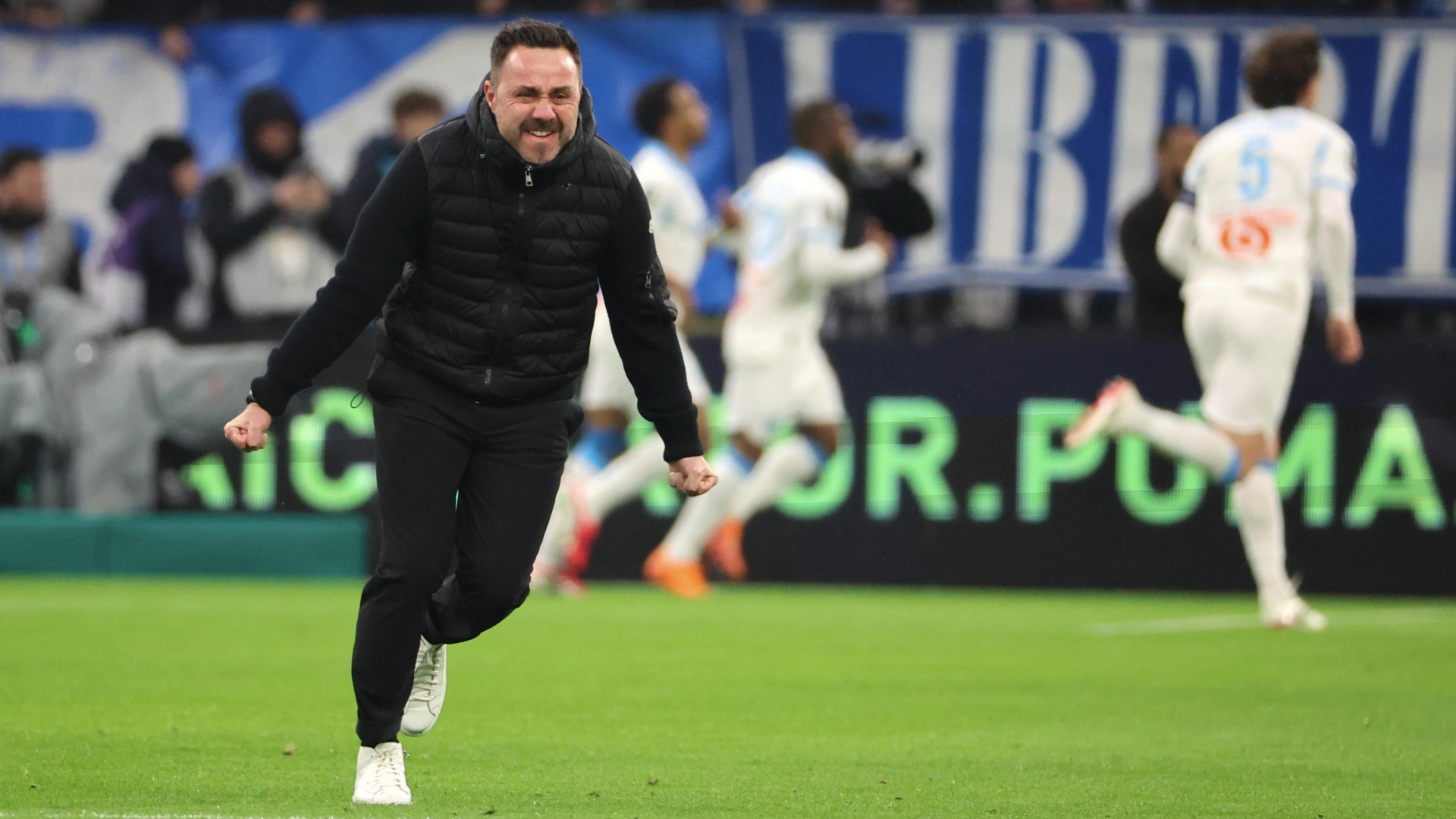The “Ethan Mbappé Case”: A Déjà Vu That Unsettles France
The “Ethan Mbappé case” shakes France: reports suggest the Algerian Football Federation has reached out to Kylian’s younger brother to join their national team, reviving a déjà vu no one in Clairefontaine wants to relive.
Algeria Tempts Ethan Mbappé
France trembles once again. Just months before the 2026 World Cup, a new episode threatens to shake its football pride. According to outlets like Fenec Football, the Algerian Football Federation (FAF) has reportedly contacted Fayza Lamari, mother and agent of Ethan Mbappé, to explore the possibility of the young midfielder representing Algeria instead of Les Bleus.
The 19-year-old Lille midfielder holds triple nationality: French, Algerian (through his mother), and Cameroonian (through his father, Wilfried Mbappé). Although nothing is official yet, the mere rumor has sparked a media and political storm in France, which fears losing one of its brightest prospects.
The story feels familiar: just a year ago, Luca Zidane, son of Zinedine, chose to represent Algeria after obtaining citizenship. Now, the same scenario could unfold again, this time with the Mbappé name, a symbol that transcends generations.
Algeria’s new strategy: winning over “European” talents
What’s happening with Ethan is not an isolated case, it’s part of Algeria’s broader strategy to strengthen its squad before the 2026 World Cup.
After securing qualification for the tournament to be played in Mexico, the United States, and Canada, the FAF has made it a goal to bring back players of African descent who developed their football careers in Europe.
The most notable example was Luca Zidane, who made his debut with Algeria last October. Now, the interest in Ethan Mbappé is the natural continuation of that project, a balance between technical quality and national pride.
However, the initiative has drawn criticism. Some Algerian fans accuse the Federation of prioritizing “foreign-born” players over local talent. Moreover, the historical tensions between Algeria and France, rooted in colonialism, add a political layer that reignites debates about identity and belonging.
Ethan Mbappé: the gem France doesn’t want to lose
Trained at Paris Saint-Germain and now playing for Lille, Ethan Mbappé has only made 19 professional appearances but is already regarded as one of the most promising midfielders of his generation. His market value is estimated more than $6 million, and his surname keeps him constantly in the spotlight.
The young midfielder shares the ambition and discipline that define his brother Kylian, though his style is more measured and technical. In France, many see him as a potential future leader of the U21 team — or even a player destined to continue the family legacy with Les Bleus.
However, if he accepts Algeria’s offer, he could face his own brother at the 2026 World Cup — a scenario as symbolic as it is media-driven.
The case reopens an old wound for the French Football Federation (FFF), which has already lost several dual-national talents due to a lack of early trust or recognition.
Identity, politics, and football: a conflict beyond the pitch
More than just a sporting decision, Ethan Mbappé’s case has become a reflection of France’s cultural tensions and its colonial past. Increasingly, young players with dual nationality must choose between the country that developed them and the one that represents their roots.
On social media, the debate rages on: is it betrayal or pride? Meanwhile, the FAF continues its strategy, and the FFF scrambles to prevent another “defection” that would expose the cracks in its development model.
Ethan Mbappé, who has remained silent so far, now stands at the center of a story blending football, identity, and geopolitics. And while his decision remains uncertain, one thing is clear: France does not want to live through another Luca Zidane case.
